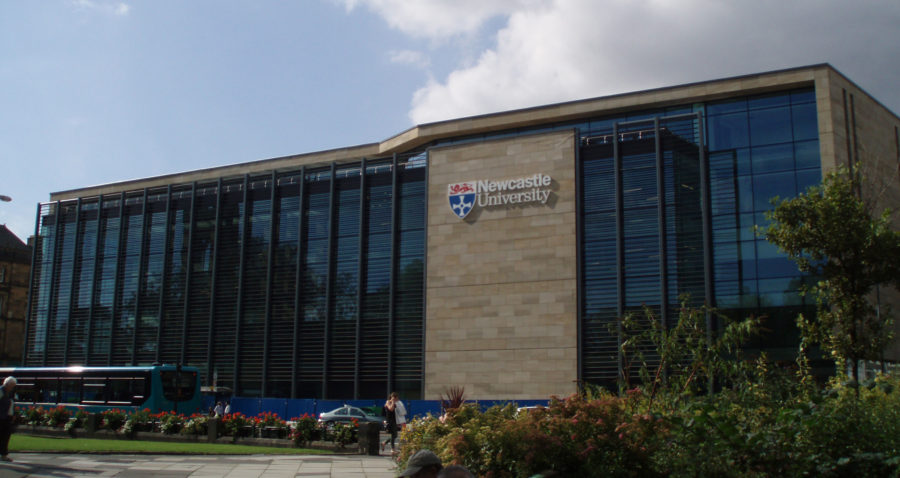Clowns are around – in Australia, too!
Oct 20, 2016
Editors Note: Kirby Davis is a current UNI student studying aboard at the University of Newcastle in Australia. She will be contributing to the Northern Iowan with her experience on the other side of the world.
Happy October! It’s officially fall and Halloween is quickly approaching. It’s evident that Halloween is coming quickly with all of the stores in Iowa stocking Halloween candy, decorations and costumes. The month of October is filled with people transforming fields of corn into corn mazes and empty buildings turned into haunted houses. And who can forget the constant stream of scary movies and Halloween classics on TV!
Americans have a special place in their hearts for Halloween. According to Gunnar Whisler, a junior psychology major, “It’s an excuse to go out and be something different for the night.” Dressing up and getting to change who you are for a night is a huge part of Halloween and the best part is that different costumes become popular each year!
Last year, according to USA Today, some of the most popular Halloween costumes were Harley Quinn and the Joker, Star Wars, Superheroes and Minnie Mouse. It’s a mystery what sorts of costumes are going to be the most popular of 2016. Aol.com shared some of its predictions for popular costumes being Wonder Woman, Trump vs Hillary, Deadpool, Pokemon and Snapchat filters.
That’s quite the span of costumes, not to mention the Suicide Squad character Harley Quinn. But despite the span of quickly rising costumes, there is one that might not be taking such a high rise this year—the clown.
After a series of recent sightings of clowns all throughout the US it is understandable that clown costumes may not be at the top of your list. According to KWWL there have been at least eight clown sightings recently, six of which were in Waterloo while the other two were in Cedar Falls. The NI reported clowns on campus as well.
According to police, these are serious matters and to be taken as such but are currently not a threat, although it is advised not to approach the clowns. Some community members think that it’s just not funny anymore.
Those in the US certainly are not laughing and neither are people here in Australia. According to The Daily Telegraph, despite the ongoing clown problem in the US social media has only added to the issue with clown sightings taking place in New South Whales, Queensland and Victoria. On social media apparently there have not only been pictures and videos of clowns being beaten but also pages organized warning people of clown gatherings and organizing clown hunting groups.
These pages and other social media sites are turning this into a very serious matter but some do not necessarily see it as such. The Daily Telegraph describes Stephen King, the author of the clown driven horror novel “It”, as laughing off the matter and tweeting “time to cool the clown hysteria —most of em are good, cheer up the kiddies, make people laugh.” It sounds almost as some are viewing this situation lighter than others.
When a photo was released on Facebook of a clown being sighted in the Newcastle area, many were concerned with the fact that they missed seeing the clown after just being there, while others were concerned with staying away from the situation.
Aime Dowton, a second year social work major, chuckled at the idea of being chased by a clown but then said, “But if that was me being chased by a clown, I’d be crying my eyes out.”
When asked what his thoughts were on the situation, Connor Wieland, a first year mechatronic major, said, “I think it’s stupid for one. I think it started as a way to scare people but now there are others adopting it as a way to hide their identity whilst committing crime.”
Needless to say despite what the reasoning is behind the rise in clown sightings are, people should be safe and cautious around individuals dressed as clowns. It is recommended to not engage the clowns and to call in sightings. With all the clown “funny-business” in mind, be safe this Halloween season!
-Kirby Davis, University of Newcastle, Australia


















